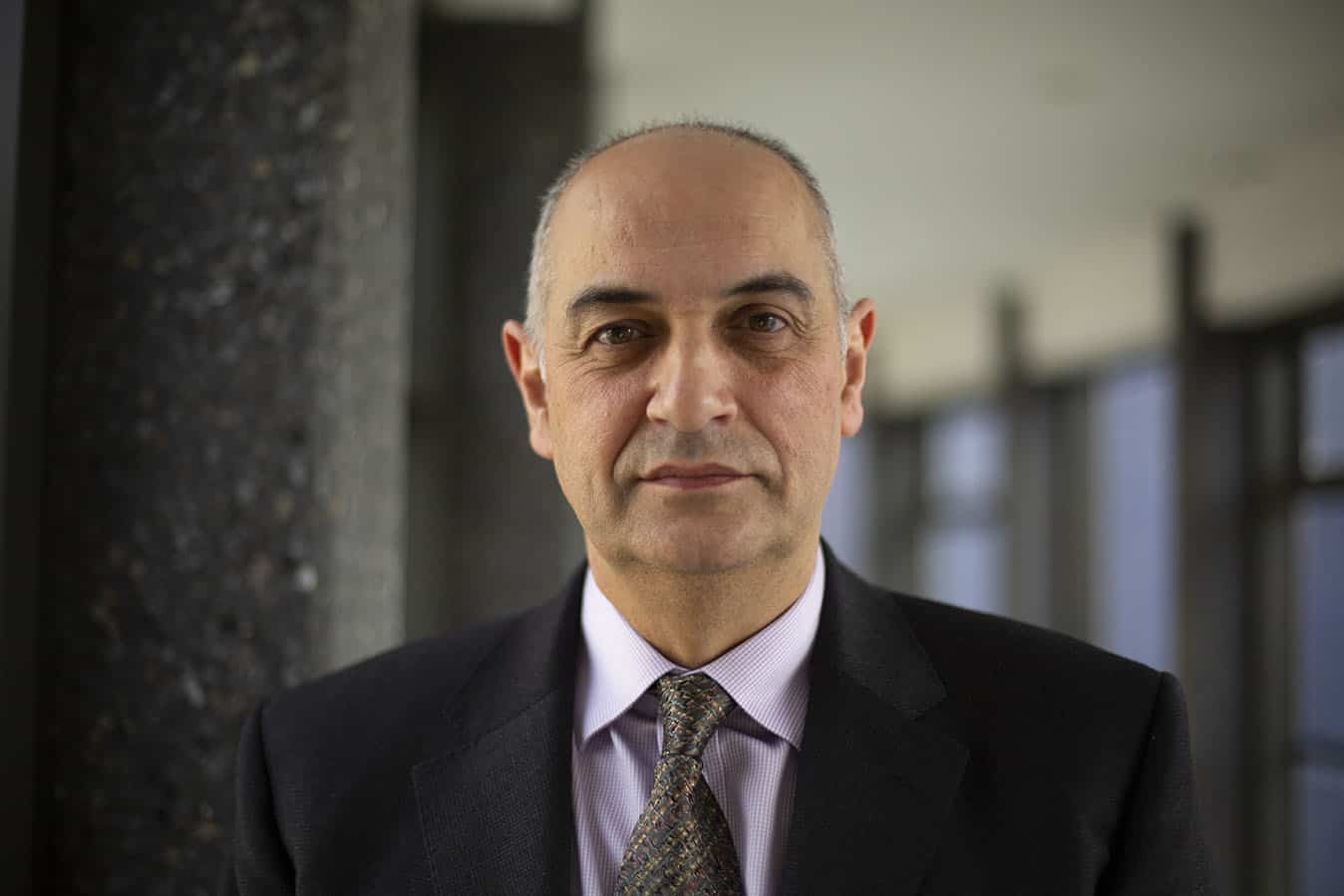“I don’t think anyone really knows,” responded leading aged care reform advocate Professor Joseph Ibrahim when asked how billions of dollars of federal government funding for aged care is actually spent on Monday night’s episode of ABC’s The Drum.
“What we do know is that some providers make massive profits. Other providers are claiming that they’re approaching bankruptcy and the system as we see it and what it’s delivering to older Australians is morally bankrupt and it’s harming older people.
“We’re not getting value for money and I think we should start the conversation with why aren’t we getting value for money? Where is the money going? Who is getting it? And why isn’t the resident, who’s supposed to be receiving care, not receiving it?”
The episode questioned the use of federal government funding for aged care following the start of the Aged Care Royal Commission’s latest hearing on Monday, which is examining the financing and sustainability of future improvements to the sector, the appropriate funding model or models to support the delivery of aged care, and the prudential regulation of aged care providers.
Head of Health Law and Ageing Research at Monash University’s Department of Forensic Medicine, Professor Ibrahim, who has given evidence before the Royal Commission on several occasions, told The Drum the use of government funding for aged care had become increasingly clouded since the introduction of the Aged Care Act in 1997.
“I don’t know where the money goes but I do know the impact of the care and standard of care being provided is not adequate for the needs of our older Australians,” he argued.
“An older Australian cannot find out how much money is allocated to them, and of that money, whether it was actually spent on them at the end of the year. That is not available.”
Asked about the effect the Aged Care Act 1997 had on the sector, Professor Ibrahim said it essentially gave the green light to a lack of transparency and accountability for taxpayer funds.
“The 1997 Act came in and promoted essentially a free market approach to aged care. The providers get a set amount of money based on the care of the resident and they were free to spend that money in ways that they found were most useful. They weren’t asked to account for it and they didn’t have to return any money that wasn’t spent.”
Appearing on The Drum as a panellist, National Seniors Australia chief advocate Ian Henschke echoed Professor Ibrahim’s views on the problematic state of the sector and growing lack of financial transparency and accountability.
He said the Royal Commission presented an opportunity to finally delve into the financial practices of aged care providers.
“I think we have to question the whole accounting and money trail of all aged care and that’s why I think it’s so important at the moment [with the Royal Commission] to actually do that because if we’re going to restore faith in the system we have to know that the system can be forensically analysed and we’ve got to have transparency. And I’m afraid since 1997 there seems to be a free-for-all of deregulation.”
Professor Ibrahim said the free market model that had emerged in the wake of the Aged Care Act 1997 had failed dismally.
“The free market model was never going to work in aged care because older people do not have the ability to pick up and move whenever they feel like it and they don’t actually get provided any information about the aged care facility to be able to actively choose,” Professor Ibrahim explained.
“There are no substantive reporting guidelines for quality of care. The government did not pass an amendment last year that simply would have told residents how many staff work in a facility. Not how many nursing staff, just how many staff. That amendment was not passed by the Australian Parliament, so how are you supposed to exercise tour free choice if you’re not even given basic information?”
Responding to why politicians would vote against Bills that demand financial transparency over income, costs and staff numbers in aged care, Mr Henschke was adamant that it all comes down to money.
“If you look at these companies [aged care providers] they are multinational companies, they have people that work for them as lobbyists and they have people connected to government. Why would you have a government that joins with One Nation to stop people from knowing what the staffing level was in an aged care home if it wasn’t about money? It is all about money.
“We’ve got poor regulation. We’ve got no real penalties for people [providers] that are out there. We’ve got a free market operating and guess what, it’s all coming to an end now with the Royal Commission, but it will only come to an end if Australians together feel the same way as I and Joseph Ibrahim do, and all of our members at National Seniors, which is that we’re saying the neglect has to stop.”









One Response
If it weren’t for programs like the Drum the Australian people wouldn’t have a clue about what this corrupt Government was really doing! Aged Care and the NDIS are the cash cow for the LNP! Bring on the Federal ICAC with teeth to convict!
Age care should be an equal right for all Australians and we should be able to trust that our loved ones are being cared for and not exploited!